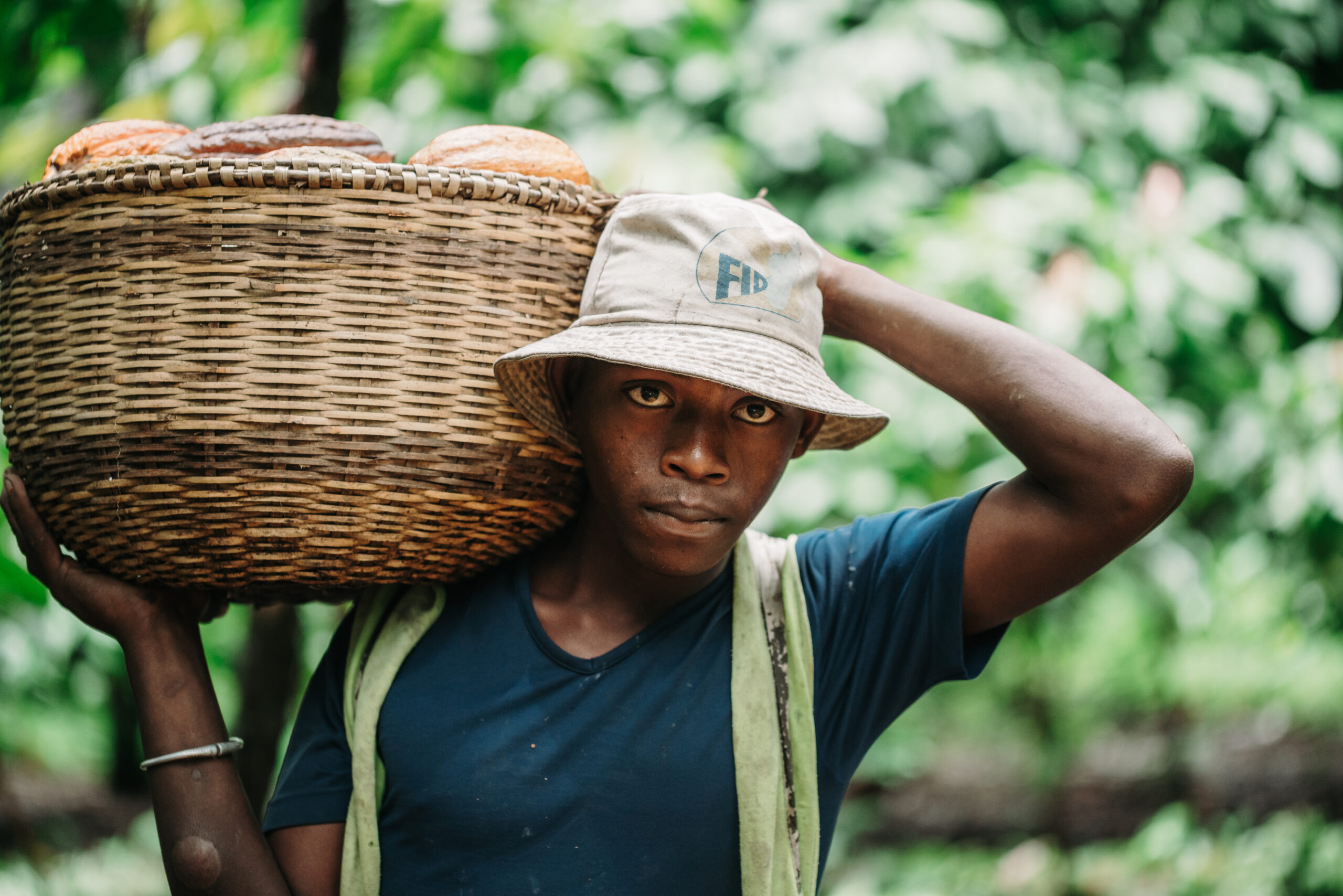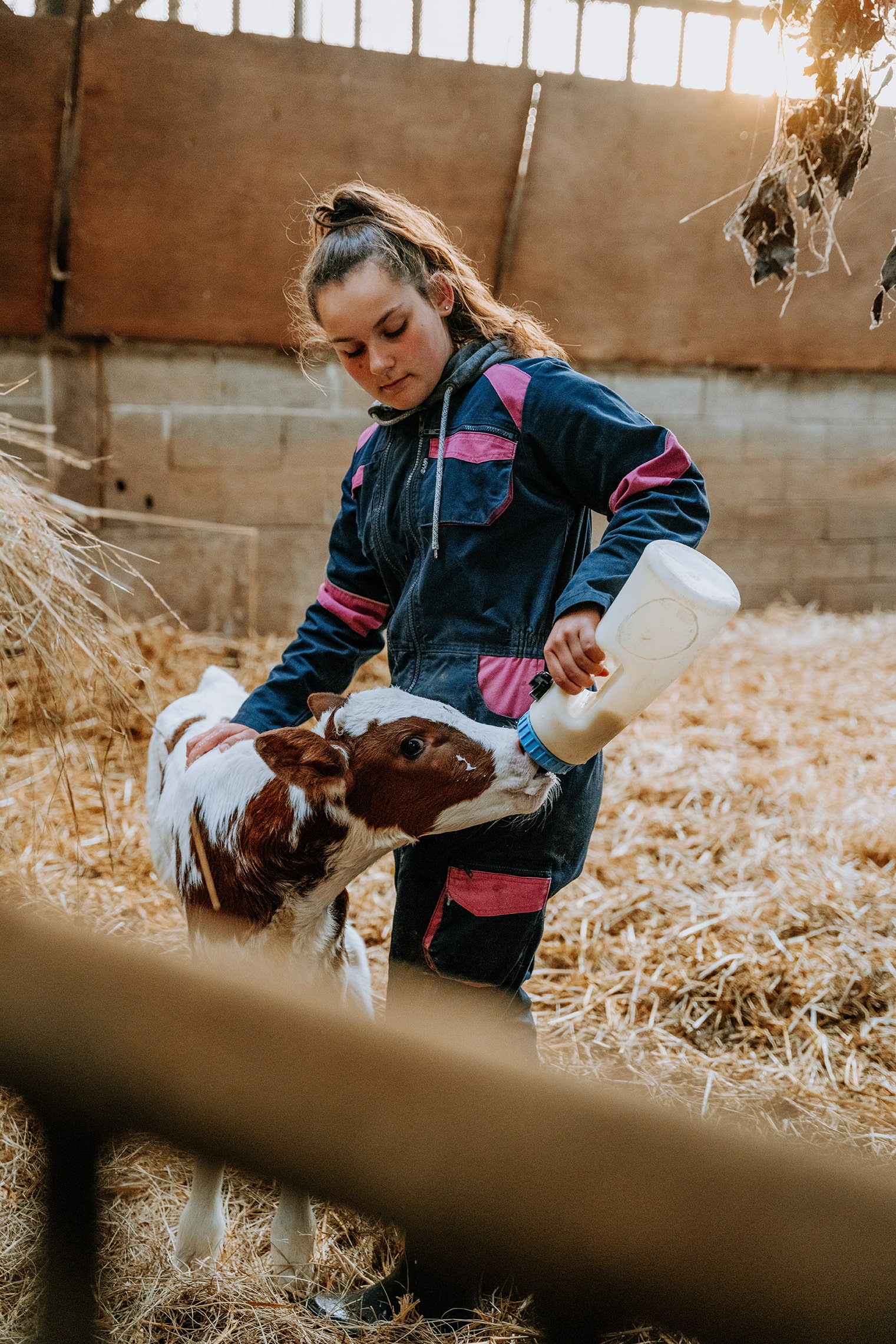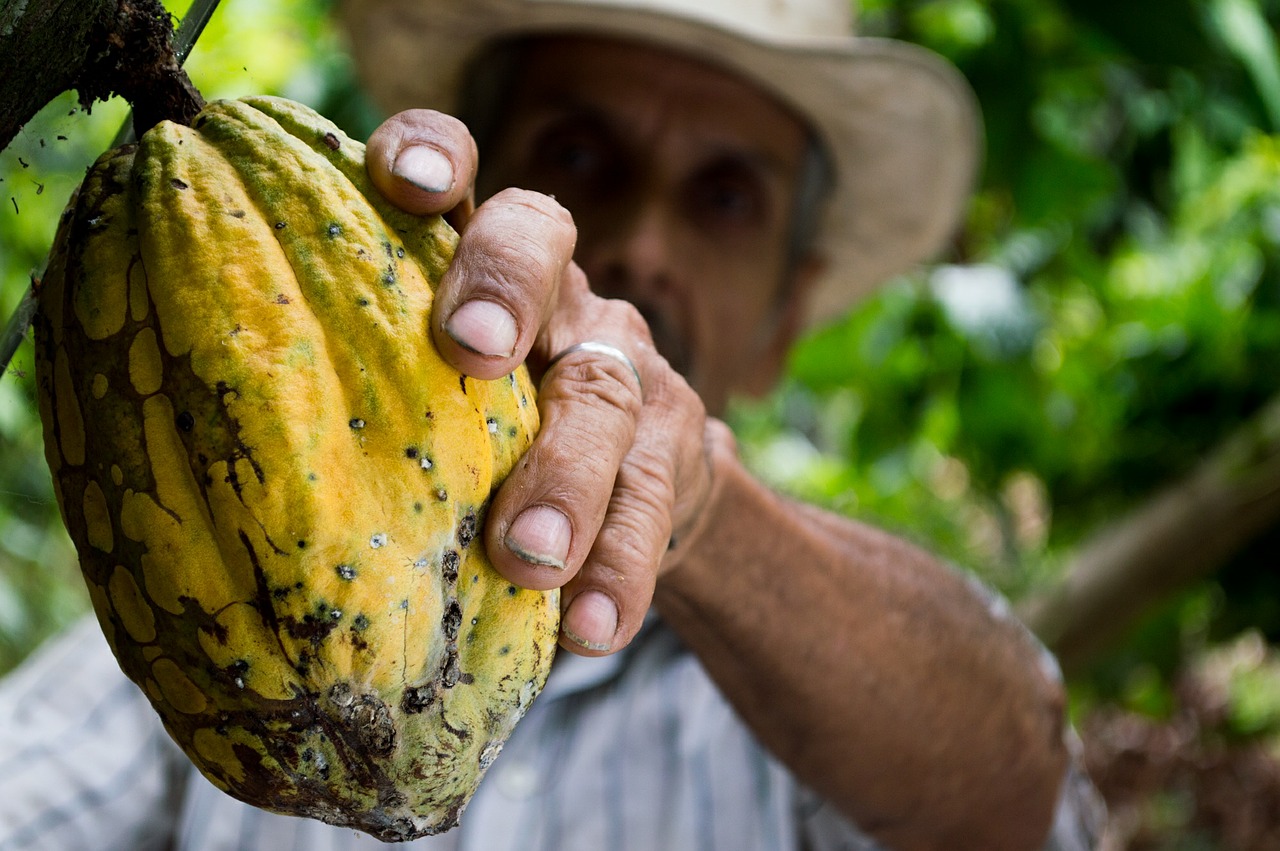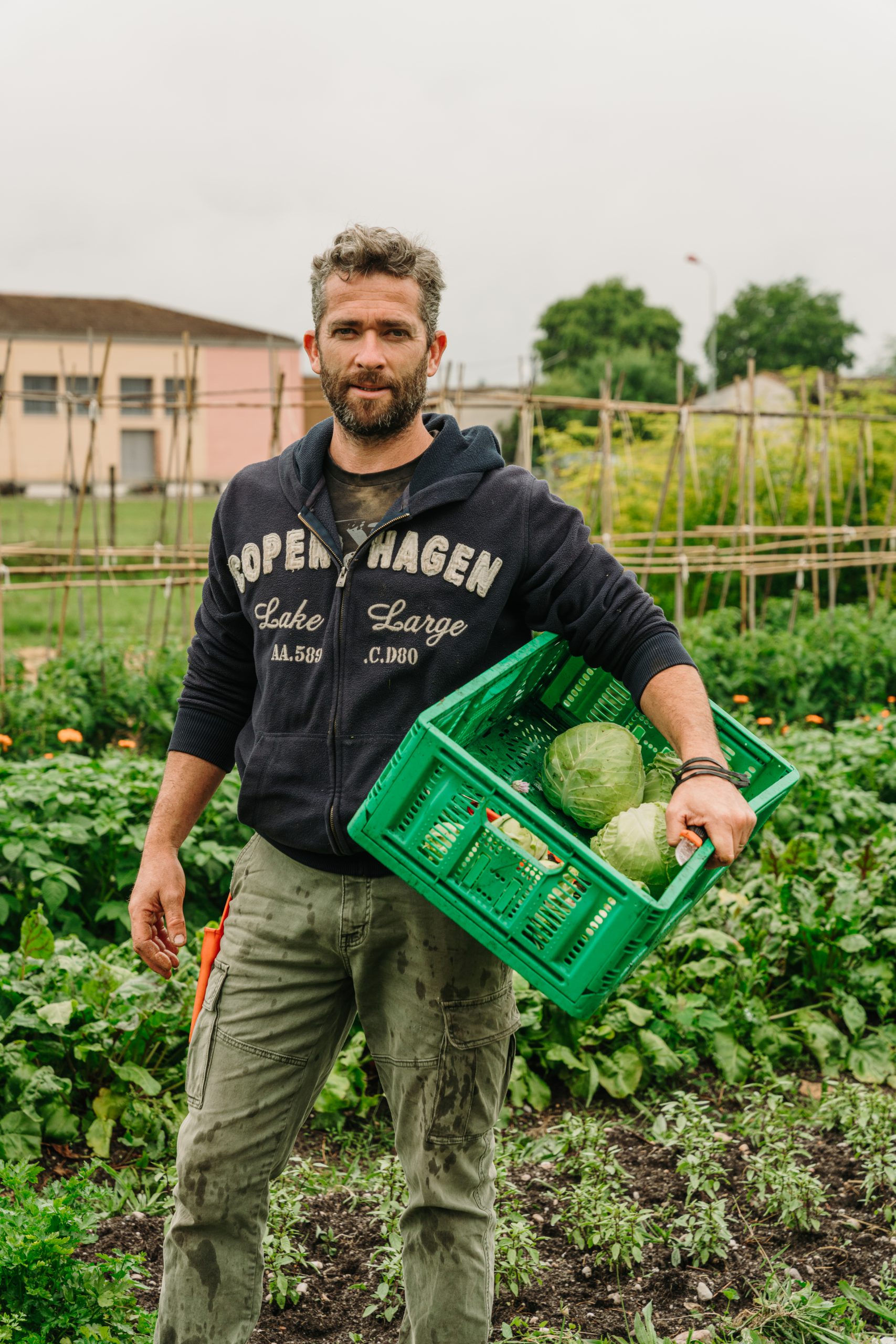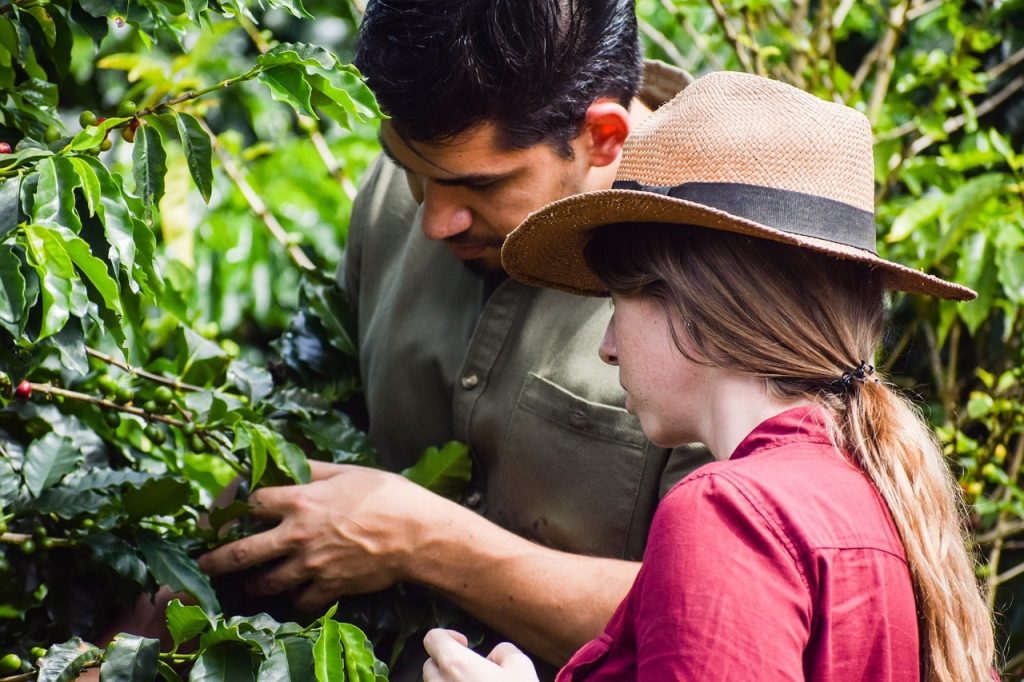
What is Fair for Life?
Fair for Life is the certification programme that makes fair trade a reality in agricultural and artisanal value chains around the world.
It is based on a set of standards designed to establish and assure people-centered, ethical, and responsible commercial partnerships over the long term within supply chains.
Broken down into 8 main themes, the standard demands rigorous social and environmental performance from all those involved in these supply chains.
In practice, application of the Fair for Life principles is verified by the Fair for Life Organisation and audited by an ISO 17065-accredited body, providing a dual guarantee of genuinely fair trade.
Individual commitment for the benefit of all. Stakeholder consultations and public feedbacks are an integral part of shaping the future of Fair for Life, reflecting our commitment to inclusion and transparency.
Why choose Fair for Life?
Choosing the Fair for Life certification programme means committing to:
Fair prices
Fair for Life advocates the establishment of a transparent minimum price, guaranteeing fairer, more stable incomes for producers and farm workers. This mechanism lies at the heart of the standard: it helps to sustainably strengthen the economic and social conditions of the communities involved in the supply chains.
Respectful, safe and dignified working conditions
Fair for Life verifies and monitors the implementation of practices establishing safe and respectful working environments, in order to concretely improve the well-being of workers and their quality of working life.
Supporting the autonomy of vulnerable communities
The Fair for Life programme encourages approaches that enable traditionally marginalized groups, such as women or indigenous communities, to strengthen their economic autonomy and actively participate in the decisions that affect them.
An environmentally responsible approach
Fair for Life promotes the adoption of sustainable farming and harvesting practices that are more respectful of the environment. The certification raises awareness of the agro-ecological transition, supports the rational management of natural resources, and promotes organic certification where appropriate.
The aim is to limit negative impacts on ecosystems, while strengthening the resilience of the sector.
Strenghthening local social capital
Fair for Life actions help to strengthen social ties within communities. By encouraging investment in local infrastructure, education, and healthcare, the standard contributes to sustainable and equitable local development.
Joining the Fair for Life programme gives you access to:
An additionnal tool for responding to legal developments
With the Fair for Life certification, companies have a solid, recognised tool to demonstrate their commitment to complying with current regulations and legislation. Fair sourcing is a pledge of commitment that helps organisations and supply chains manage their duty of care and social responsibility.
Proactive risk management
Adopting an ethical sourcing approach helps prevent potential risks related to social, environmental, or ethical issues. This approach reduces the likelihood of negative impacts on your reputation or disruptions to your supply chain. Integrating responsible sourcing into your strategy is therefore an effective lever for anticipating these issues and preserving your company’s economic stability and image over the long term.
Improving brand reputation and customer loyalty
Fair for Life labelling tells customers that you are committed to ethical and sustainable practices. It fosters greater trust, a better brand reputation and greater customer loyalty.
New markets
Offering Fair for Life products gives you access to a growing market of consumers who prefer ethical and sustainable choices. The Fair for Life label therefore offers a significant competitive advantage.
History and developement of the programme
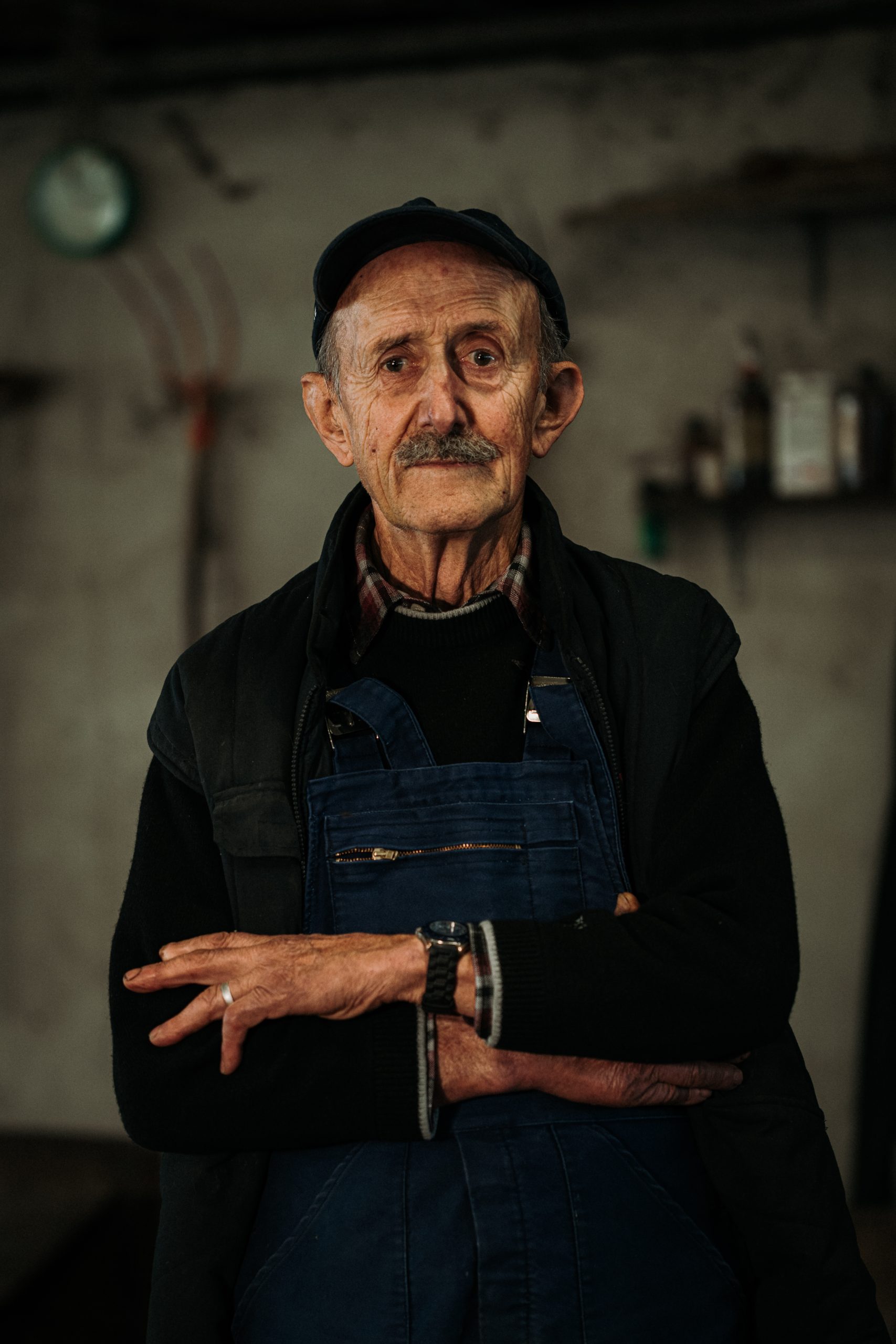
2005 – 2010
Pioneering a new approach to fair trade
Fair for Life was born in 2005 with the ambition of transforming fair trade practices over the long term.
From the outset, our standards have stood out for their innovative approach, adapted to the complex realities of a globalized market.
Thanks to our ongoing commitment to fairness, transparency and sustainability, we have earned the trust of companies, organizations and consumers worldwide.

2010 – 2015
Evolving to amplify our impact
Faced with an ever-changing global market, Fair for Life has regularly adapted to reinforce its effectiveness and impact.
In 2010, we carried out a major revision of our specifications, significantly strengthening our requirements.
Then, in 2013, an additional revision refined and clarified our approach, responding even better to the needs of players committed to a responsible approach.
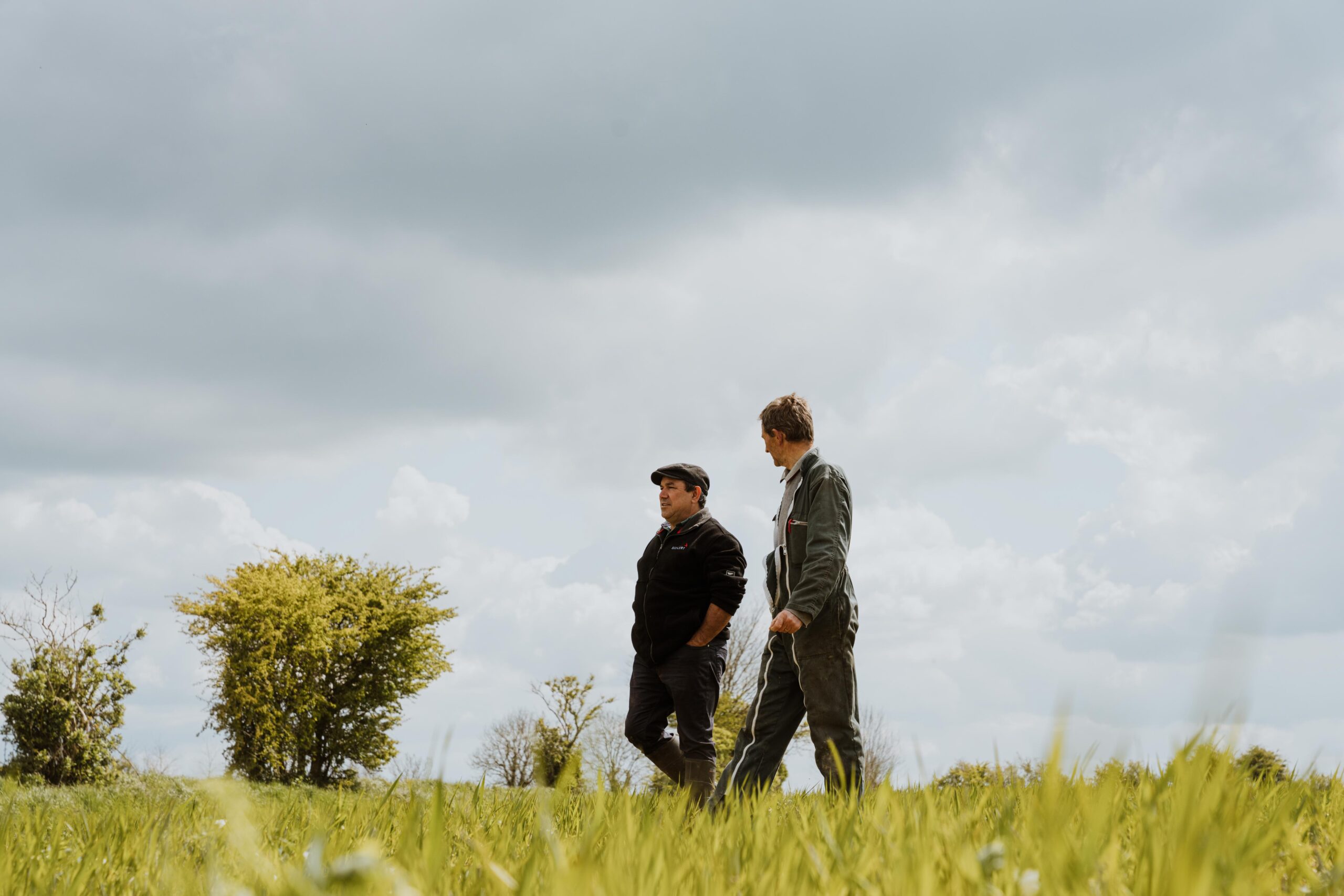
2016 – to date
Acting together to go further
In 2016, Fair for Life entered a new phase marked by cooperation and collective innovation.
Between 2016 and 2017, IMO’s Fair for Life standard and that of Ecocert Fair Trade merged, resulting in a new, unified and clearer standard dedicated to fair trade and responsible supply chains. This collective revision has considerably improved the readability and relevance of our requirements.
In 2022, a new revision expanded our scope to include cosmetics, pharmaceuticals and nutritional products, further affirming our role as a benchmark for fairer, more sustainable trade.


